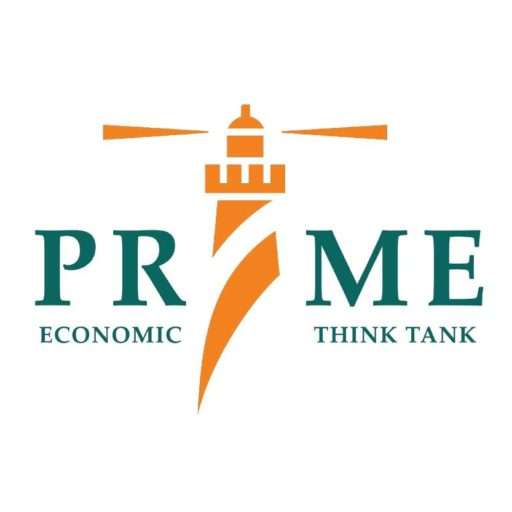The Business Climate Review sums up important developments spanning the entire federal government economic governance over the previous month. It discusses possible consequences of decisions, policies, and regulations announced by the federal cabinet, regulators and Federal Board of Revenue for the business climate of Pakistan. The analysis is based on the idea that economic freedom is good for the business climate and any law that increases arbitrariness, red-tape, and government involvement is counterproductive. Also, we believe that the government should not choose winners and losers by legalizing exemptions or favours.
Empty Coffers and Shallow Minds
One of the biggest challenges for the Prime Minister and his economic team is to reverse the historic decline in the country’s exports, which has registered a decline of 17% since 2014. According to a news item (Business Recorder, 5 April 2017), hopes are pinned on the new Secretary Commerce, Younas Dagha, recently transferred from another crisis ridden ministry – that of Water & Power. According to an earlier news report (Express Tribune), the Federal Commerce Minister had hesitantly approved additional allowances for the Commerce Ministry staff as an incentive to help boost exports by using the Export Development Fund. Both of these news items suggest that not only are the export coffers emptying, but minds are shallow too. The expectation that one competent secretary or a few able civil servants can arrest declining exports is naivety at best. It is unknown how many months Mr. Dagha will have before being sent to another ministry, a norm in the Civil Service of Pakistan. In comparison, Malaysia’s Ministry of International Trade and Investment is a great example. It is not possible to transfer any officer out of this Ministry, which helps to develop a talented and knowledgeable workforce over time. The top officer, usually a Secretary General, enjoys autonomy vis-à-vis political intervention. With this hands-off approach, Malaysia’s MITI has done wonders for the country’s trade and investment portfolios. Exports from Malaysia, a country with almost one-seventh of Pakistan’s population, have touched the $200 billion mark. The biggest lesson we can learn from this example is how a government agency can actually facilitate the expansion of trade and investment opportunities by investing in its own system.


